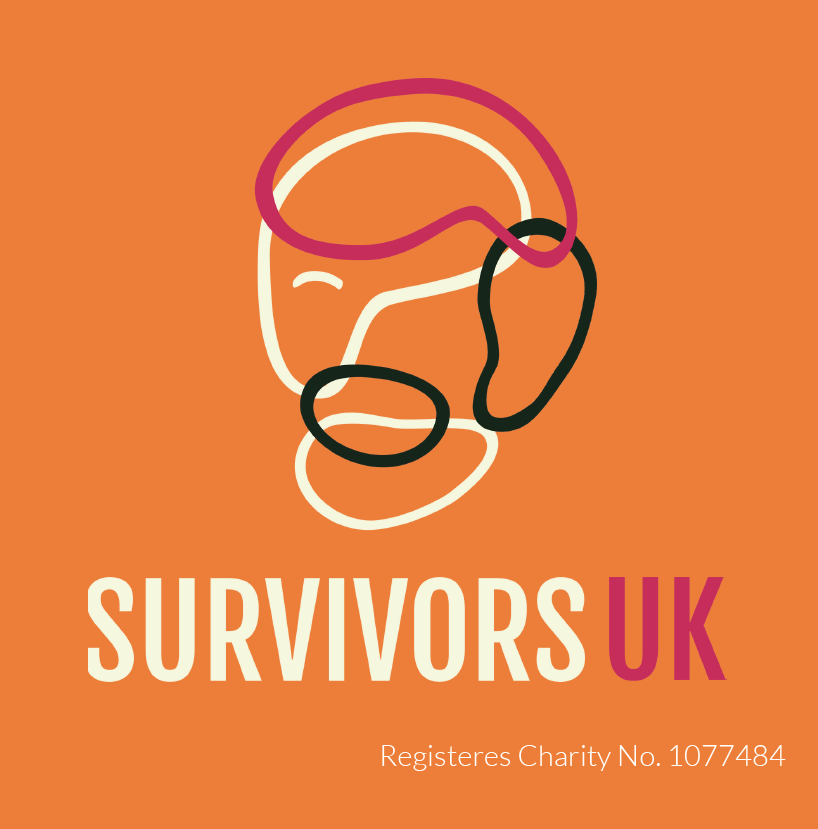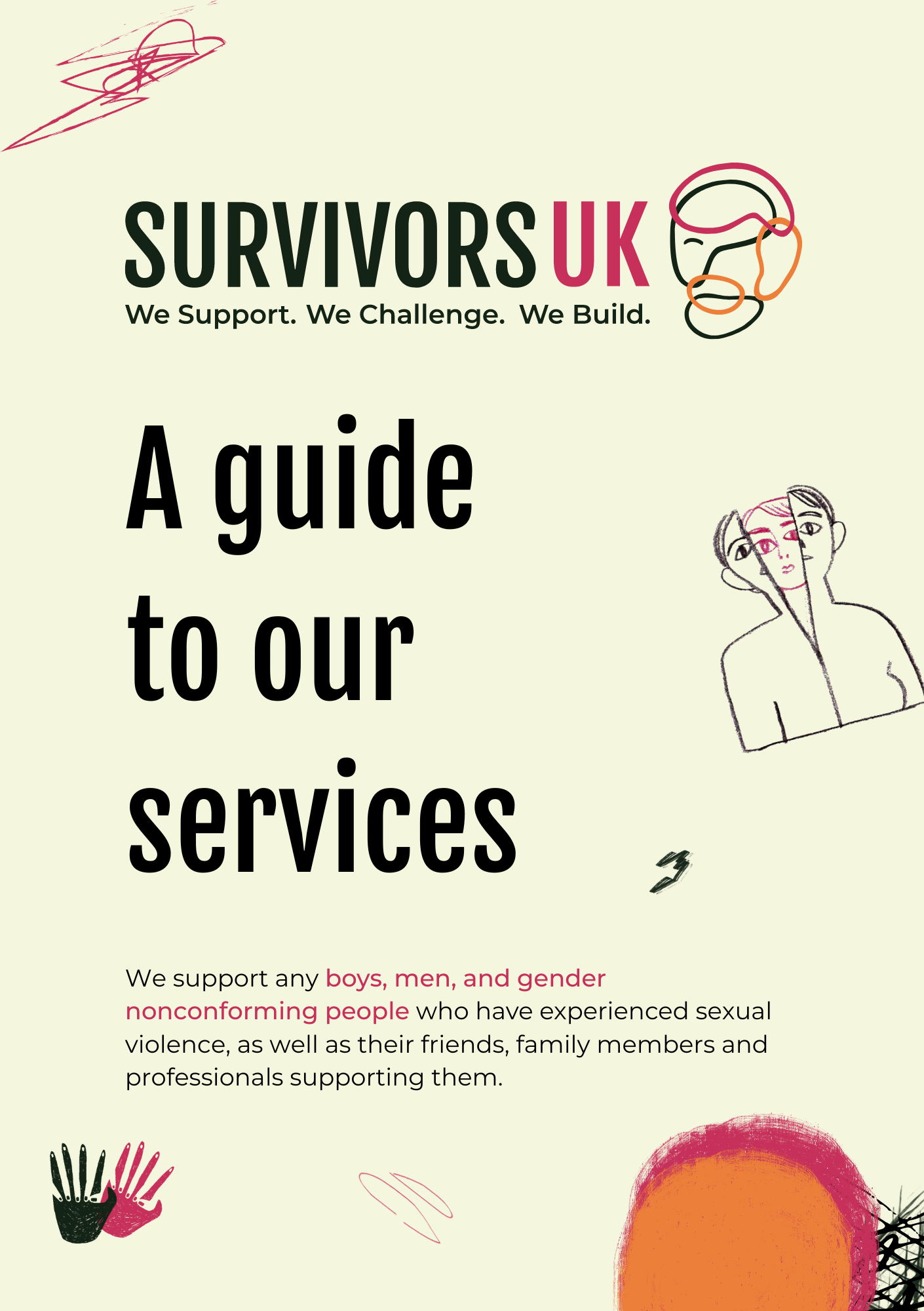
Michael Jackson – the controversy continues

So a new controversy regarding child sexual abuse hits our headlines, once again taking us to places which are uncomfortable, destabilising and unsettling. In the face of these difficult feelings we are often drawn to take rigid positions and, as so often in such matters, we end up in split camps spitting venom in a way which helps no-one and misses the tragedy, the nuance and the humanity which get murdered in the uninhabited land between warring factions.
I work for SurvivorsUK, an organisation which supports men who have experienced sexual violence. As an organisation we align ourselves with survivors of sexual violence and at the same time realise that the picture is always complex and involves pain and hurt for everyone involved.
I suggest that we are being called to enter into the pain of this situation rather than taking a rigid position. We are not the courts and we are not the police. What position can we ethically, responsibly and reliably take in relation to this and so many other situations when someone comes forward, in the media or in our lives and tells us that when they were children they experienced an intensity of violation that those who have not been violated in this way cannot even begin to imagine.
I am not the police. I am not the courts. I have no right to be the arbiter of truth in this matter. None of us can. But we can consider what we can learn from this controversial documentary about the experience of those men who have come forward and of all survivors of sexual abuse.
Sexual abuse by its very nature happens in secret. There are usually only two witnesses to the act – one the perpetrator of the abuse and the one who is abused. As such it is notoriously difficult to prove ‘beyond all reasonable doubt’ that a crime has been committed. And, once again, we are not the police, we are not the courts. We can’t, and don’t have to, prove anything. But what can we consider as truth in our own lives and hearts?
Let me speak into the silence of sexual abuse; a silence which has become noisy through the various media storms but which nevertheless in its way remains silent – and silencing. Let me speak the experience of some of the men who break the silence and speak to us. Men who have no media coverage to gain, no compensation to enrich them, no fame to grasp at from speaking their truth.
Many of the men who come to us have experienced years of silence. It takes on average 26 years for a man to tell anyone he has experienced sexual abuse. The layers of silence are complex: fear of not being believed, shame, a fear of culpability (can a child be culpable of being sexually violated? The very idea is horrific and yet almost universally children feel guilty), protecting the perpetrator of abuse and other loved ones, a failure of words, especially in a young person’s mouth, to articulate the complexity of what has happened. And shame, shame the great silencer. Still in society sex is a source of shame, sexual abuse is a source of shame and being a male survivor of sexual abuse further compounds that shame. Rather than asking why male survivors don’t speak, one might marvel at their extraordinary courage when they do.
Protecting the perpetrator, fear of the perpetrator, both can silence a survivor until after the abuser has died. Then their tongue is unlocked and they are finally able to speak. People might say that they have waited until the perpetrator cannot defend him (or her)self but the men who come to SurvivorsUK (men who have no status or compensation to gain) say that their tongue was tied by bonds of protection and fear.
From the outside it is hard to appreciate the complexity of love, fear, revulsion, protection, anger and pain which can form the tapestry of feeling experienced by the survivor for the perpetrator. Abuse can be about violent connection or severed connection, but it can also be connection layered with honey and laced with poison. Grooming is a simple word to describe the manipulation of a child’s reality which leaves them unable to know what love and hurt are and how they can be distinguished. There is no hierarchy of abuse but abuse laced with attention, affection, recognition, even care can radically and hopelessly destroy a child’s ability to understand himself and other and how those two can ever meet in a way that feels whole.
Every day at SurvivorsUK we meet men who have not spoken their truth because they fear not being believed. Every day we meet men who did speak their truth and were not believed. When you have been sexually abused, silence keeps the abuse going in your head, your heart and your body, to devastating effect. Please, whatever we think about what may or may not have happened, can we put down our judge’s cavel and listen. And listen to everyone involved. Perpetrating sexual abuse is also complex and holds extraordinary pain and tragedy. It is not our responsibility, or even right, to judge or condemn. But, I would suggest, it is our responsibility to stand alongside people in pain, people who have felt silenced and people who have taken what is surely an extraordinarily courageous step to speak their truth.
Katherine Cox, Counsellor, Supervisor and Groupwork Coordinator, SurvivorsUK
If you have been impacted by sexual violation and want to access support from SurvivorsUK please get in touch through our online helpline.
If you’re having a difficult time, perhaps you’re dealing with flashbacks, depression or any of the other common feelings and effects survivors experience, but you don’t feel like talking about it then hopefully one of these links will be able to offer you some help.






